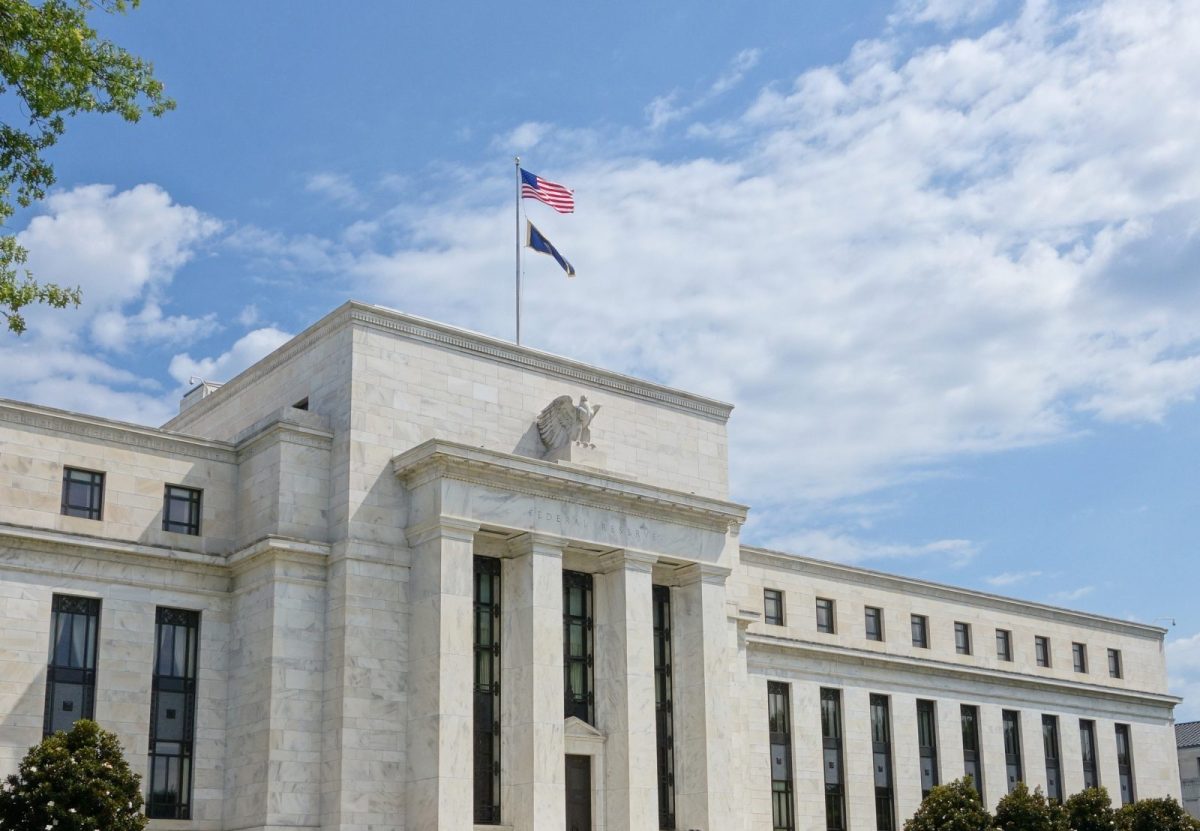An official digital currency could offer potential benefits to American consumers and businesses, but it is not clear they would outweigh the potential risks, the US Federal Reserve said on Thursday.
In a long-awaited report on central bank digital currencies (CBDC), the Fed stressed that it is not taking a position nor does the paper signal “any imminent decisions about the appropriateness of issuing a US CBDC”.
The global rise of cryptocurrencies like bitcoin as well as the growing use of digital payments has fostered interest in an official digital money, and major central banks around the world are exploring the possibility.
Nigeria in October launched its own virtual money. China has rolled out a CBDC – the digital yuan/RMB – in limited pilot schemes, while Japan and Australia are among countries investigating such possibilities.
While existing cryptocurrencies can be subject to theft and used for illicit purposes, the Fed said a US digital currency, depending on how it is designed, “could provide households and businesses a convenient, electronic form of central bank money, with the safety and liquidity that would entail”.
CBDC Could ‘Pose Risks’
However, a CBDC could also pose risks and raise questions about how it might affect banks and availability of credit, as well as the “stability of the financial system, and the efficacy of monetary policy.”
The Fed said the paper is just “the first step in a public discussion… about the potential benefits and risks of a US CBDC” and has asked for response to a questionnaire by May 20. The central bank would need authority from Congress to issue a digital dollar.
“A CBDC that succeeds in challenging cryptocurrencies can come at a price,” James Invine, equity analyst at Société Générale in London. “There are security risks from cyber-attacks, money laundering, and identity fraud.”
The introduction of a CBDC would need to be done “with caution”, he added.
“But the maximum risk is the risk of creating financial instability, as large-scale outflows of funds from commercial banks can occur.”
Bank of Russia Urges Crackdown
Separately, the Russian central bank proposed a crackdown on cryptocurrencies, a move which if adopted could disrupt the burgeoning virtual money sector as Russia is one of the largest crypto-mining nations in the world.
Russian authorities have for years criticised cryptocurrencies over fears they can be used for illegal activities and have called for regulation.
Authorities granted cryptocurrencies legal status in 2020, but their use in payments was never authorised.
The Bank of Russia called on Thursday for reinforcing the ban on cryptocurrency payments, banning crypto-mining, and tightening laws on trading virtual money.
“The use of cryptocurrencies creates significant threats to the well-being of Russian citizens and the stability of the financial system,” a report published by the central bank said.
- AFP with additional editing by George Russell
READ MORE:
Energy consumption a new factor in global CBDC race
China crypto confusion causes bitcoin volatility, CBDC speculation
Mastercard launches CBDC testing platform
The digital yuan and its disruptive potential
























